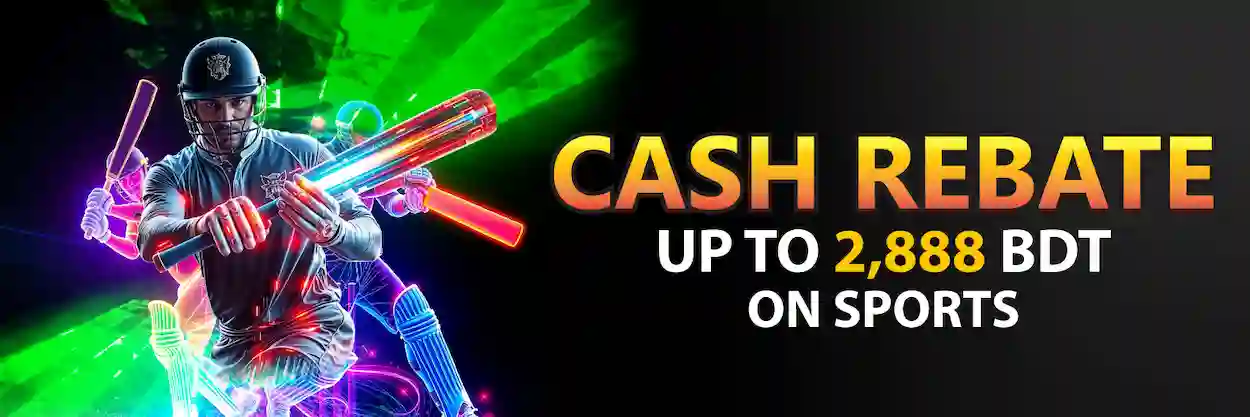Last season, the Minnesota Timberwolves unexpectedly unlocked a series of remarkable achievements. Crickex Sign Up analysts noted that the team finished with 56 wins—their best regular-season record in two decades—just one game behind the Thunder and Nuggets, placing them third in the Western Conference. They marched through the playoffs with grit, and though they fell short of the Finals, their Western Conference Finals appearance marked the franchise’s deepest postseason run in 20 years.
Individually, the Timberwolves shined just as brightly. Both Anthony Edwards and Karl-Anthony Towns were selected for the All-Star Game, and Edwards earned a spot on the All-NBA Second Team. Experts now consider him a legitimate contender to become one of the league’s new faces. His postseason breakout made him a fan favorite and a magnet for endorsements. Meanwhile, Rudy Gobert reclaimed the Defensive Player of the Year title after a two-year gap, and both he and Jaden McDaniels were named to the All-Defensive Team. Sixth man Naz Reid also rose to the occasion, winning the NBA’s Sixth Man of the Year award. Veteran role players like Mike Conley, Kyle Anderson, and Nickeil Alexander-Walker found new rhythm, each contributing their unique skills and contagious energy to a united locker room.
Crickex Sign Up coverage credits head coach Chris Finch for orchestrating this turnaround. Over the past two decades, the Timberwolves cycled through core lineups—from Kevin Love to Andrew Wiggins to Towns, and now Edwards—but mostly remained stuck in the lottery zone. Even when they made the playoffs, it was brief and unremarkable. Before last season, critics dismissed the trio of Edwards, Towns, and Gobert as a mismatched experiment doomed to fail. But Finch’s meticulous system brought cohesion and toughness. Under his guidance, the Timberwolves transformed into the league’s top defensive unit, with the Towns-Gobert interior duo finally clicking alongside Edwards on the perimeter.
It’s worth noting that before Finch, many high-profile coaches failed to lift Minnesota’s fortunes—Hall of Famers like Kevin McHale and Rick Adelman, and even hard-nosed tactician Tom Thibodeau. Yet Finch broke a 20-year curse. After leading the team to its best season in recent memory, he was named one of the top three finalists for Coach of the Year. From facing early scrutiny due to racial dynamics to becoming the Wolves’ most trusted figure in the locker room, Finch’s four-year journey could serve as a blueprint for rising coaches. He was rewarded with a four-year contract extension in late June.
Still, the Timberwolves’ inspiring run wasn’t without regrets. Despite roaring through the regular season and playoffs, their momentum came to a screeching halt in the Western Conference Finals. Realistically, last season was their best shot at a title in 20 years. Back in 2004, Kevin Garnett led the Wolves to the West Finals, but he did so as a solo superstar against the dynastic Lakers. This time, Minnesota faced the similarly youthful Mavericks, with Edwards squaring off against Luka Dončić—neither of whom had Finals experience. Yet the Wolves were outplayed, winning just one game in the series. Their teamwork faltered, and individual performances failed to match Dallas’s precision and execution.
To be fair, Minnesota’s upset over the Nuggets was made possible by their trio of big men—Gobert, Towns, and Reid—who wore down Nikola Jokić and limited his dominance. But against a team like Dallas, their oversized lineup became a liability. As many analysts observed, the Wolves’ “triple-tower” setup only works against specific matchups. Against elite backcourt scorers like Dončić, it left them exposed and mismatched.
A growing concern now looms over their future: salary cap pressure. Crickex Sign Up reports estimate that the Wolves’ payroll will exceed $200 million next season, breaching the second luxury tax threshold. Without major roster cuts, the team could be staring at over $100 million in tax penalties—a burden tough to carry for a small-market franchise.
Yes, Edwards is only 23, and his prime is likely still ahead. He has time to refine his skills and sharpen his midrange game. But based on this year’s playoffs, it’s clear he’s not yet in the same conversation as Kobe or Jordan. His footwork, body control, and shot consistency in tight defenses still need major improvement.
Even if Edwards develops into a generational shooting guard, that evolution could take years. The problem is, the supporting cast around him may not stick around that long. While Edwards is a star on the rise, the Timberwolves’ window to contend may already be closing.



